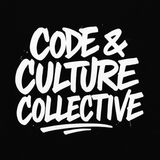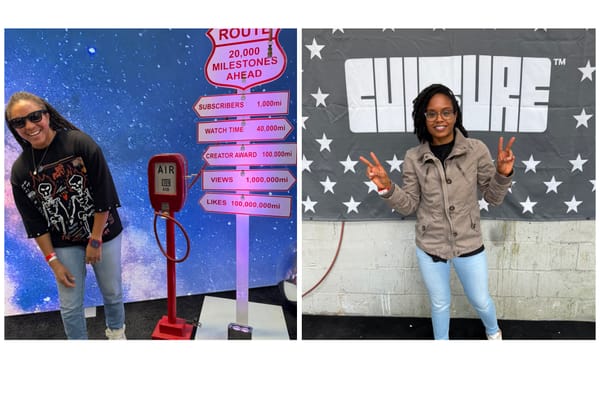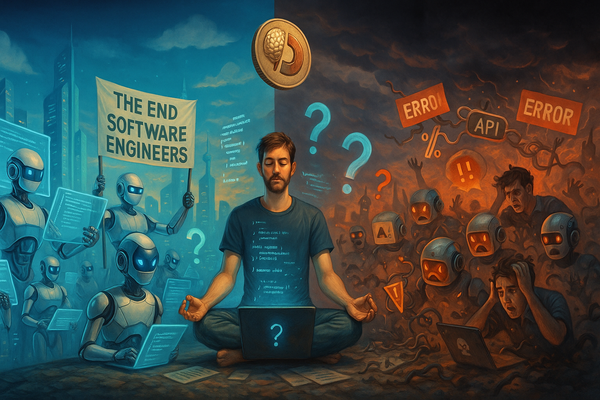Breaking the Algorithm: Dr. Erica Veal on AI Bias, Black Girls in Tech, and the Power of the Pivot
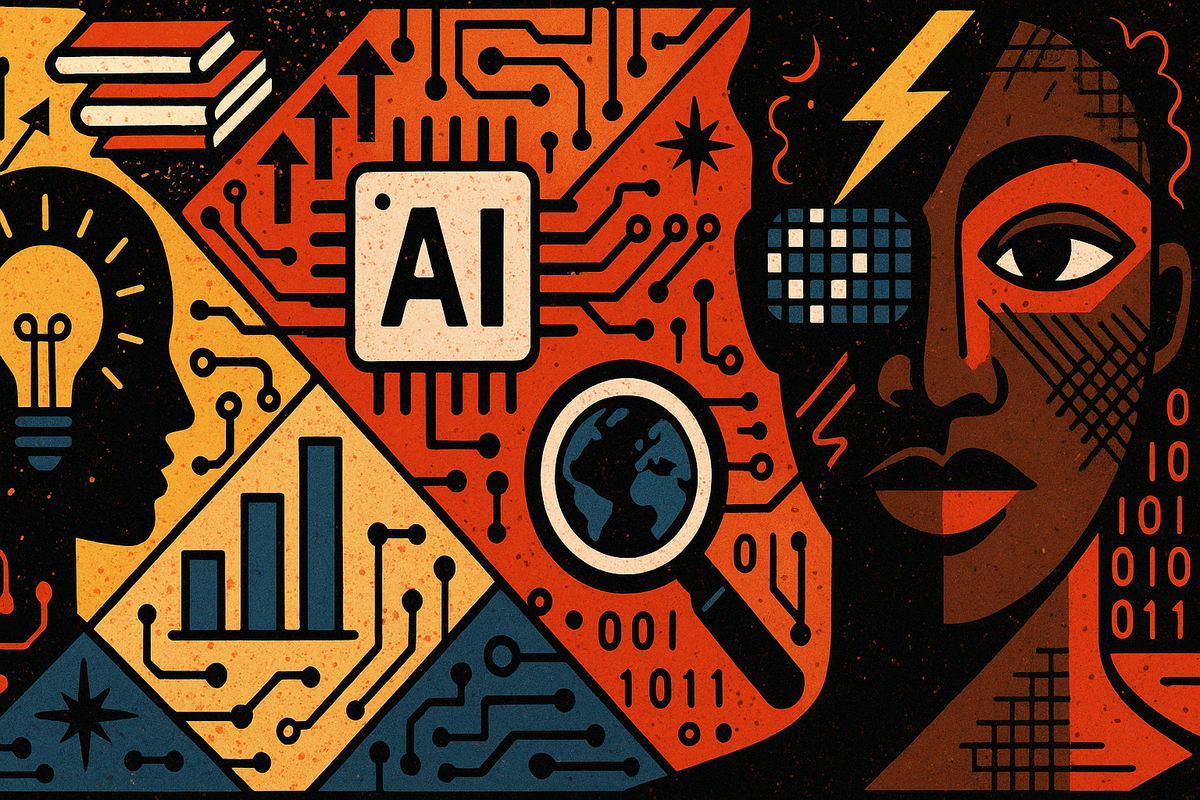
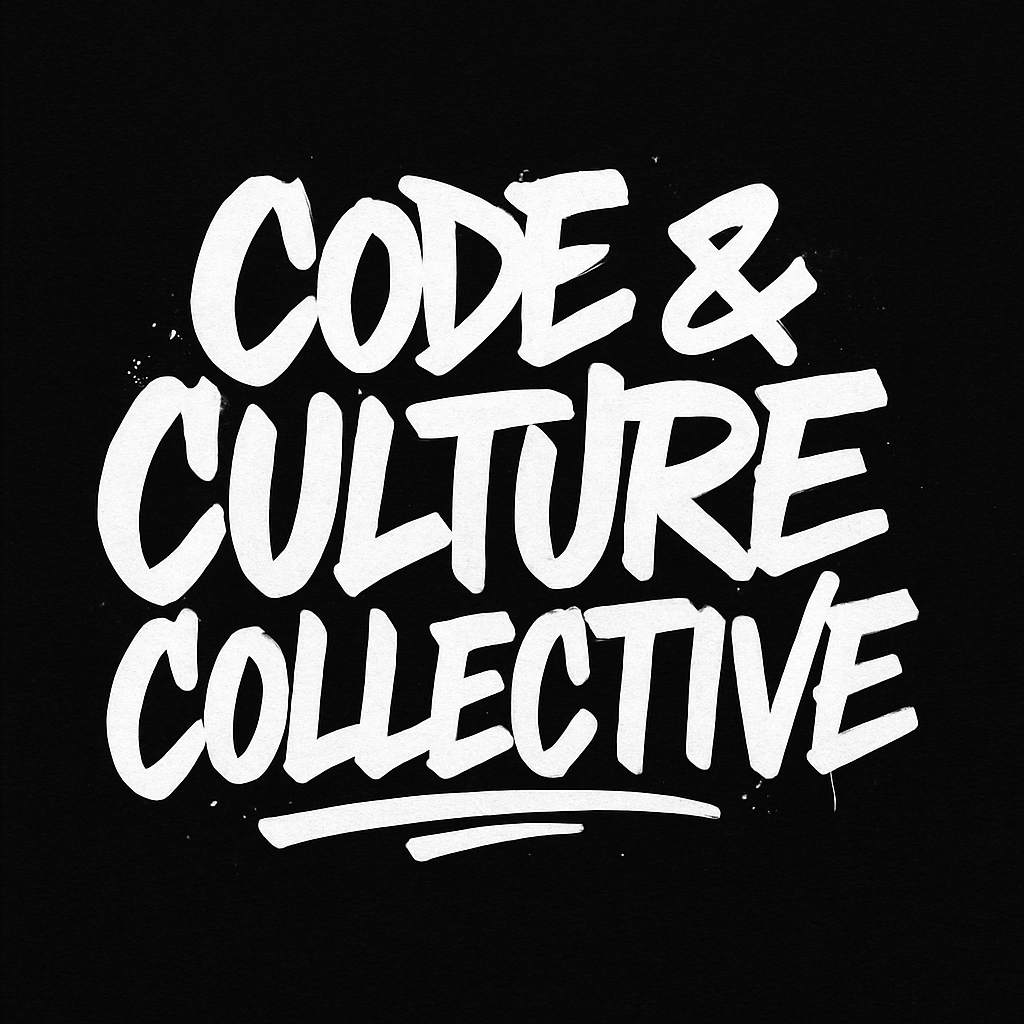
Soon-to-be Dr. Erica Veal has a presence that fills the room—sharp-witted, deeply insightful, and effortlessly engaging. She speaks in a cadence that makes you lean in, and before you know it, she’s cracked a joke, dropped a gem, and made you rethink everything you thought you knew about artificial intelligence, bias, and the Black experience in tech.
Veal wears her intelligence lightly, layering it between humor and storytelling. But behind the easygoing charm is a woman who has navigated an unconventional, remarkable journey—one that has taken her from collecting degrees to teaching high school geometry to nuclear engineering, from cloud architecture to customer success, and now to the frontlines of AI ethics and data diversity.
Veal isn’t just working in tech—she’s reshaping it. And in a world increasingly governed by algorithms, she’s on a mission to ensure those systems don’t repeat the historical biases baked into their data.
Degrees on Degrees: Gotta Catch 'Em All
If there’s one word to describe Erica Veal’s path, it’s expansive. Her career reads like a choose-your-own-adventure novel—each chapter shaped by curiosity, strategic pivots, and an unwavering drive to keep learning.
It all began at Norfolk State University, where she arrived on a full scholarship, ready to take on chemistry—until she hit a roadblock.
“I went for chemistry, but learned that was hard,” she laughs. “Also, it required biology, and I don't know nothing about bodies.”
That was enough to prompt her first pivot: mathematics. No clear plan, just a love for numbers. But what started as a pragmatic shift soon evolved into an academic marathon. Norfolk State funded her master’s in optical engineering, then another in computer science. As long as they kept paying, she kept studying.
“I was bags on bags,” she jokes. “Going from $0 to $18,000 a year? You couldn’t tell me nothing. All I had to do was go to school, and I was getting money. Say less. So I was like, let's keep this party going.”
She might have stayed forever if they let her, but eventually, Norfolk State put its foot down. You’ve maxed out. Get a real job.
"I went for chemistry, but learned that was hard..."
And so, reluctantly, she stepped outside academia and into the workforce—only to realize that her real education was just beginning.
From Geometry to the Cloud: A Career Full of Unexpected Turns
With no immediate path into tech, Veal found herself in front of a different kind of audience: a classroom of high school geometry students. Teaching was rewarding, but unpredictable.
“I got hit in the face with a hole puncher… it was live,” she says, only half-joking.
From there, she pivoted—again. This time, into nuclear engineering. “The only thing I liked was telling people I was a nuclear engineer,” she admits. “And whenever they asked me what I did for a living, I said, ‘it's classified. I can't talk about it.’”
The real breakthrough came when she transitioned into systems administration, then SharePoint engineering, and finally, cloud architecture. Her introduction to cloud computing was trial by fire.
“I became a junior cloud architect, and a month after I got into that role, the guy that was supposed to be training me, he left. So, I was the only architect, and I had to learn real quick.”
So she did. Late nights. Early mornings. Certifications. Lab work. She built environments from scratch, absorbing knowledge at a pace that would leave most overwhelmed. She wasn’t just keeping up—she was proving, once again, that reinvention wasn’t just possible. It was her superpower.
And just like that, another pivot was on the horizon.
The AI Reckoning: Bias and the Future of Tech
Today, Veal is on a mission that extends beyond her day job. As she pursues a PhD in organizational diversity, her research focuses on algorithmic bias—the invisible but deeply consequential ways AI systems reinforce discrimination.
"The AI systems we have now are trying to learn from the history of what we're doing. And obviously, the history of what we're doing is trash," she says bluntly.
She breaks it down with a simple but chilling example: an AI system reviewing job applications for CEO positions. Historically, those roles have been overwhelmingly held by white men. So when the AI scans resumes and encounters “Spelman College,” it might flag it as an outlier—an implicit bias against Black women.
“That is algorithmic bias.”
Algorithmic bias is more than a flaw—it’s a pattern. It’s the facial recognition software that fails to recognize Black faces. It’s the hiring algorithms that perpetuate systemic discrimination. It’s the predictive policing models that disproportionately target communities of color. AI isn’t just reflecting the world’s biases—it’s scaling them at a speed and efficiency that makes them harder to detect and even harder to undo.
"The AI systems we have now are trying to learn from the history of what we're doing. And obviously, the history of what we're doing is trash."
That’s why Veal insists human oversight is essential. “You need humans in the mix in order to make sure that [bias] doesn't happen.”
She recommends the documentary Coded Bias, which follows Dr. Joy Buolamwini’s discovery that facial recognition software struggled to identify her face—until she put on a white mask. The film exposes how AI systems, trained on biased data, often fail people of color.
AI is only as reliable as the data it learns from—and that data is deeply flawed.
Building a More Inclusive Future
For Veal, addressing these challenges isn’t just about academic research—it’s about action. She’s been volunteering with Black Girls Code since 2016, working to introduce young Black girls to tech.
“Black Girls Code is a fantastic organization. Basically, they are trying to get more Black and brown girls into the tech space. We hold workshops for the young ladies. During those workshops, we teach them things like Python, how to draw, and how to make art with code. We've done 3d printing. We've done robotics.”
And it’s not just about exposure—it’s about ownership. Veal wants more Black and brown faces not just entering tech but shaping it, ensuring that the next generation of AI systems don’t inherit the same biases that have long marginalized them.
That’s why she swears by AfroTech, a conference she describes as “the blackest, best thing I’ve ever been to.”
“It was like a cookout, a homecoming, and a tech conference all in one,” she says. “You don’t realize how much you’re code-switching at work until you’re in a space where you don’t have to. You can just be.”
It’s also a reminder that there’s power in community, in finding spaces where Black professionals can not only survive in tech but thrive.
Reprogramming the Future: Why Soon-to-Be Dr. Erica Veal’s Work Matters
Soon-to-be Dr. Erica Veal’s journey is more than a career—it's a testament to the power of adaptability, intellect, and unapologetic self-determination. From navigating the halls of academia to the unpredictable trenches of high school classrooms, from classified nuclear projects to the cloud, and now to the urgent frontier of AI ethics, she has never stopped pushing the limits of what’s possible.
But Veal’s story isn’t just about personal reinvention—it’s about collective responsibility. The biases embedded in artificial intelligence aren’t theoretical. They dictate who gets hired, who gets policed, who gets left behind. And as the world rushes to integrate AI into every aspect of our lives, she stands at the intersection of technology and justice, ensuring these systems don’t repeat the injustices of the past.
Her work underscores a critical truth: technology is not neutral. It reflects the values, histories, and blind spots of those who create it. Without voices like Veal’s—without more Black and brown technologists shaping the future—we risk cementing systemic inequities into the very code that runs our world.
That’s why her advocacy extends beyond research. Through organizations like Black Girls Code and through mentorship and leadership, she is ensuring that the next generation doesn’t just enter tech but contributes to its narrative.
Her message is clear: pivots aren’t failures, they’re strategies. Algorithms aren’t destiny, they’re human-made—and therefore, they can be rewritten.
Erica Veal is rewriting the future. The only question is—who else will help her do it?
To learn more about Dr. Erica Veal’s work, research, and insights, visit ericaveal.com or connect with her on social media.
Check out E Veal's episode on the Stats on Stats Podcast.
